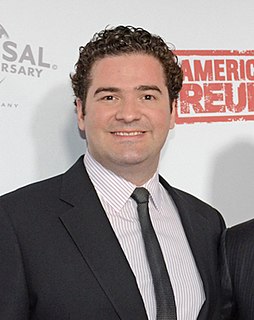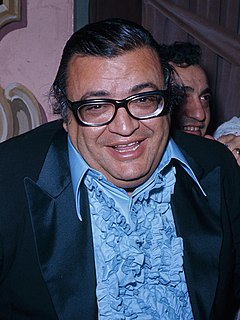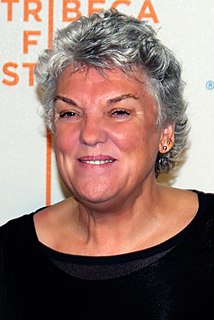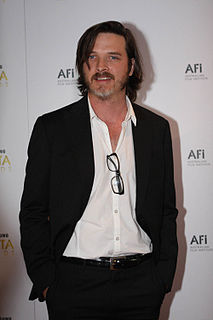A Quote by Harrison Ford
I don't take trouble at all to conform a screenplay to my iconography. I don't say, "We can't do that - the audience wouldn't accept it." I try to take the limitations of what is required to play a leading character and then screw with them.
Related Quotes
And, for any performer, to be able to go deep into character is fantastic. In film you only get to do that if you're the leading character. But in television you get 18 hours to really test the audience and take them to the edge of how far they will go with this character. I can step over this line and I love that.
There comes a point when you've exhausted your opportunities playing good guys. I've been around long enough, I think I'm entitled to explore a bit. But what I saw there was an opportunity to play a character different from what the audience's expectation was. A chance to take their crude experience of me - of my iconography, if you will - and turn it on its ear at an appropriate juncture in the film to be useful to the process of telling the story.
What I do is give Ennio Morricone suggestions and describe to him my characters, and then, quite often, he'll possibly write five themes for one character. And five themes for another. And then I'll take one piece of one of them and put it with a piece of another one for that character or take another theme from another character and move it into this character.... And when I have my characters finally dressed, then he composes.

































